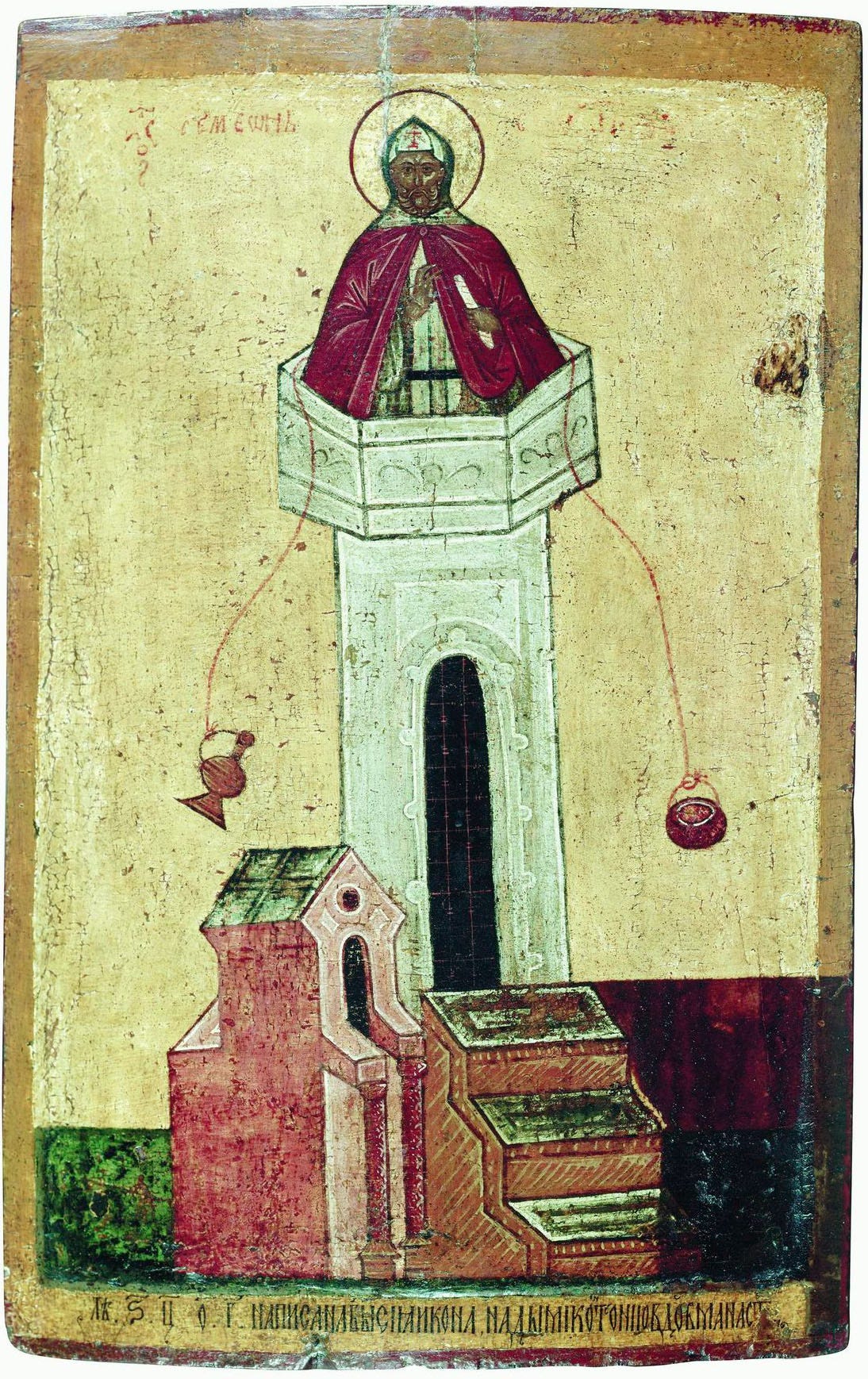Babel, Acedia, and the Glow of Our Screens
I grew up in the TV culture of the 70s and 80s. Screens were already shaping our imaginations, but there were limits. The television was heavy and rooted to one spot in the house. You could spend hours flipping through cable channels. MTV was practically its own world, but at some point you had to step outside. You could escape the screen. You could ride your bike, play wiffle ball in the street, or simply touch grass, as my grandson likes to say.
Now the screen has broken free of its box. We carry it with us everywhere. It’s in our pockets, in our hands, glowing on our nightstands. And with it comes a constant stream of alerts, updates, videos, doomscrolling, online shopping. It has become the air we breathe, the noise we cannot escape.
This flood of distraction is not just a social problem. It is a spiritual one. It is a new Tower of Babel.
Babel: The First Distraction
When the people of Genesis 11 built their tower, they used impressive tools for the time: new technology, baked bricks, and tar. But the heart of their project was simple: “Let us make a name for ourselves” (Gen 11:4). Their attention was pulled away from God, absorbed into a self-made monument.
The result? Confusion and scattering. What began as a common project became a monument to forgetfulness. Babel is humanity’s first collective distraction.
At Pentecost, the opposite happens. The Spirit descends, and suddenly people of every language understand one another. Where Babel scattered, Pentecost gathers. Where Babel exalted human effort, Pentecost celebrates divine gift.
Babel is the inversion of Pentecost.
The same dynamic plays out in our own hearts. Distraction is our personal Babel. It fragments our attention and scatters our desires. We live as though the next notification, the next link, the next “ping” will make us whole.
The Fathers of the Church called this scattering acedia. It is more than laziness. It is restlessness, boredom with God, a craving for “something else.” The Early Fathers warned that this spirit makes the monk want to leave his cell at all costs. For us, it makes us reach for the phone, again and again and again, even when we don’t want to.
Union with Christ, by contrast, is our personal Pentecost. The Spirit gathers our scattered hearts and recollects us in love. Distraction is the inversion of union, just as Babel is the inversion of Pentecost.
The desert fathers saw how dangerous distraction could be. Many fled into the wilderness to be alone with God. But few embodied this fight as radically as St. Simon the Stylite. For decades he lived atop a pillar, exposed to the elements, removed from the noise of ordinary life. His solitude was not an escape for its own sake. For Simon, it was an act of war against distraction. From his height, he preached by silence, showing the world that the human heart was made to be fixed on God alone.
Of course, most of us will never climb a pillar. But Simon’s life reminds us that distraction is not harmless. It is the great enemy of union with God. And sometimes, the only way to crush it is to step outside the noise, to embrace stillness, to resist the constant pull of “something else.”
Satan’s Game: Always Distraction
This should not surprise us. From Eden onward, the devil’s strategy has always been distraction. In the garden, he distracted Adam and Eve from trust in God’s goodness. At Babel, he distracted humanity into chasing its own glory. In the desert, he tried to distract Jesus with promises of power, comfort, and control.
The devil does not need to make us hate God. He only needs to make us forget Him.
But Christ shows us another way. In the desert, faced with Satan’s distractions, He remained recollected in the Father: “It is written…” He did not grasp at comfort or control. He chose obedience.
In doing so, Jesus crushed the devil’s game. The desert became the place of victory, the seedbed of Pentecost. The same Spirit who descended on Him at the Jordan descends on the Church, gathering our scattered hearts back into union with God.
Our task, then, is not to despair at the screens that surround us, but to resist letting them scatter our souls. Small choices matter: silence the phone during prayer, eat a meal without checking messages, walk outside and yes, touch grass. These simple acts echo the courage of the desert fathers and of St. Simon the Stylite. They remind us that union with God is not accidental. Union with requires focus, attention, and sometimes even renunciation.
Babel is distraction. Pentecost is union. Satan’s game is to scatter. Christ’s gift is to gather. Every day we live between these two realities. And the Spirit who lives in us is stronger than every distraction.
© 2025, Lawain McNeil, Mission Surrender, LLC.




Thank you again, Lawain. This one message sure confronts. I really needed this wake-up.